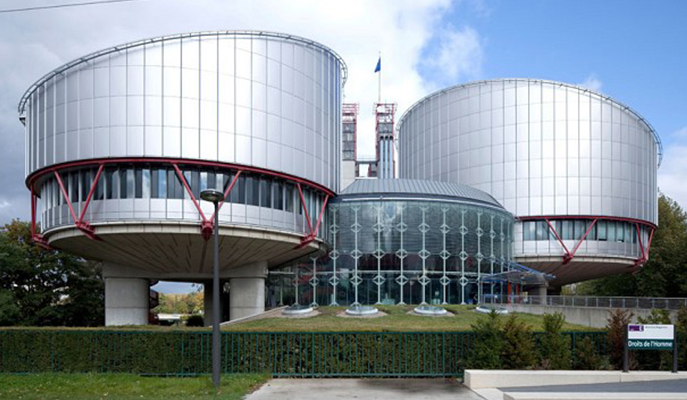ECHR publishes judgment in Maisaia vs Georgia case, determines "systemic abuse" of inmates in Georgian prisons before 2012
The Strasbourg-based European Court of Human Rights (ECHR) published its judgment in Maisaia vs Georgia case.
The Court established a violation of Article 3 and ruled the imposition of 15.000 euros to be paid by the state to the plaintiff as compensation for moral damage.
“The Court finds that the applicant must have suffered non‑pecuniary damage which cannot be compensated for solely by the finding of a violation. Having regard to the relevant circumstances of the case as well as to various equitable considerations, the Court finds it appropriate to award the applicant EUR 15,000 under this head, plus any tax that may be chargeable,” it said.
According to the case, the applicant was arrested on 5 May 2009 and placed in police custody on suspicion of having committed espionage, an offense of which he was subsequently convicted.
The ECHR said that Georgian national, Vakhtang Maisaia complained about ill-treatment in prison, which “purportedly formed part of a large-scale and systematic ill-treatment of prisoners at the material time, and the competent domestic authorities’ failure to conduct an effective investigation into his allegations.”
Referring to the case Ochigava vs Georgia, the Court determined that “systemic abuse” of inmates was a practice in Georgian penitentiary facilities before 2012.
“As regards the complaint under the substantive limb of Article 3, the Court recalls that it already established in an almost identical case that, based on the relevant findings given by domestic courts in relation to the existence of an endemic problem of physical abuses of prisoners in various custodial institutions of the country, there had indeed been “systematic and systemic abuse” of inmates at a number of prisons in Georgia by representatives of the prison authority at the material time (compare Ochigava, cited above, §§ 7, 34 and 61),” it said.
The court noted that the plaintiff had no procedural opportunity to participate in the investigation. According to the information available in the case file, the criminal investigation into the applicant’s ill-treatment in Gldani prison is currently still ongoing, but no other details about its progress are known.

